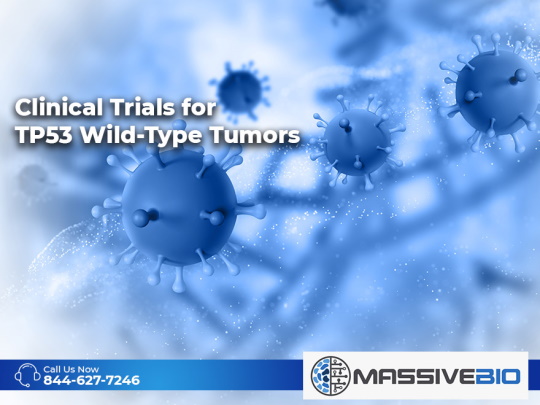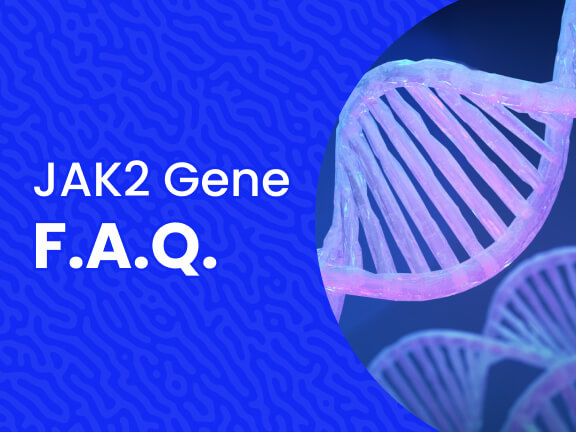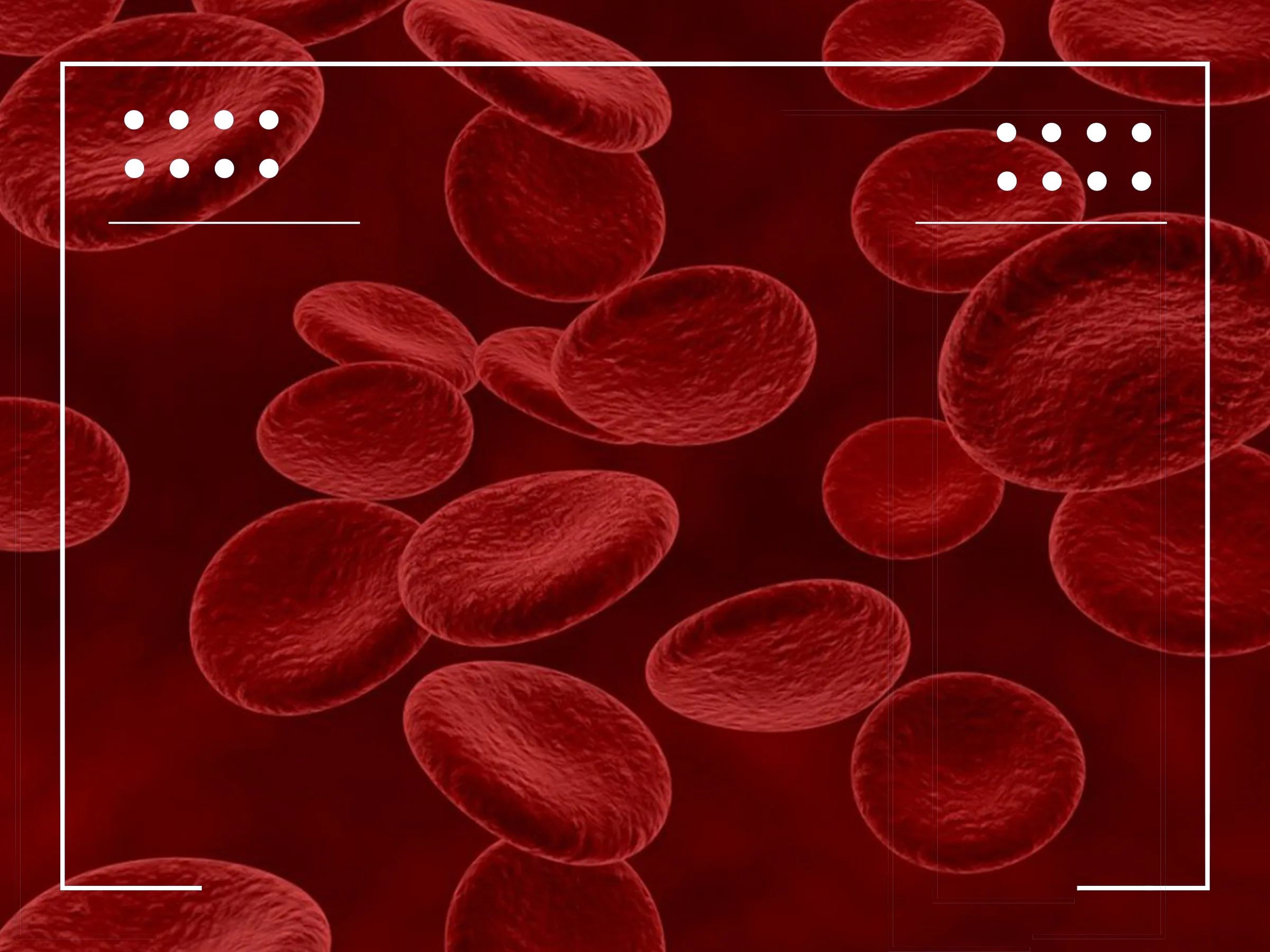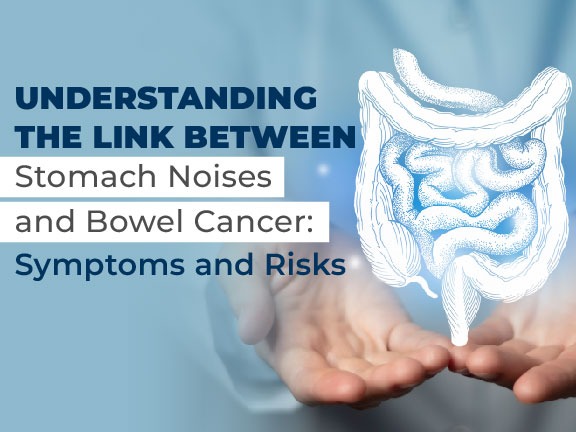Clinical trials for TP53 wild-type tumors are available for patient enrollment. A TP53 wild-type tumor is a tumor where the proteins that interact with or regulate the TP53 protein have mutated so that it cannot carry out its normal functions. The TP53 gene produces the P53 protein, which carries out many functions within the cell, such as being a tumor suppressor. TP53 is a common biomarker across cancer types because of its role in stopping cell growth when needed. TP53 mutations occur in ovarian, esophageal, colorectal, head and neck, larynx, and lung cancers at a rate of 38-50 percent, while it occurs in 5 percent of cases of primary leukemia, sarcoma, testicular cancer, malignant melanoma, and cervical cancer.
Testing for TP53 Wild-Type Tumors
Mutation analysis for TP53 wild-type tumors is used to detect mutations in the DNA-binding domain of the TP53 gene. It is performed using PCR-based Next Generation Sequencing of the DNA, which examines mutations in exons 2 through 11 of the TP53 gene. The test usually takes around 10 days to get results, and requires a blood sample, bone marrow aspirate, and/or solid tumor tissue.
Understanding TP53 Mutation
Everyone has two copies of the TP53 gene, randomly inherited by parents. Testing positive for a TP53 genetic mutation can mean a few things, like increased cancer risks, other medical concerns, and risk for family members. People with the TP53 mutation are at a higher risk for soft tissue sarcoma, osteosarcoma, female breast cancer, brain tumors, adrenocortical carcinoma (ACC), leukemia and prostate cancer. Additionally, people with this mutation should avoid radiation therapy, and notify their family members of their risk for having the TP53 genetic mutation.
Clinical Trials for TP53 Wild-Type Tumors Recruiting
There are currently 2 clinical trials in the United States recruiting for patients with TP53 wild-type tumors. Patients with TP53 wild-type tumors who are curious about their eligibility for a clinical trial should consult with their doctor and request clinical trial matching from Massive Bio. Massive Bio is a concierge service which uses artificial intelligence to find clinical trials for eligible patients according to their unique cancer case, medical history, geographical location, and more.














2 Comments
I had adenoid cystic cancer on my breast wall and triple negative p53 in my other breast. Have peripheral neuropathy that is very painful in my small and large nerves in my legs and feet that my own body since I was in my forties. Found out through blood tests that my own body is attacking and destroying my nerves. Have been seeing that p53 could be the cause.
Thanks for your message. We would be happy to help. You can learn more about available cancer treatment options and clinical trials here: https://hubs.ly/Q01yygDr0.
You can also contact one of our Patient Relations Coordinators via phone or email at 844-627-7246 & [email protected]